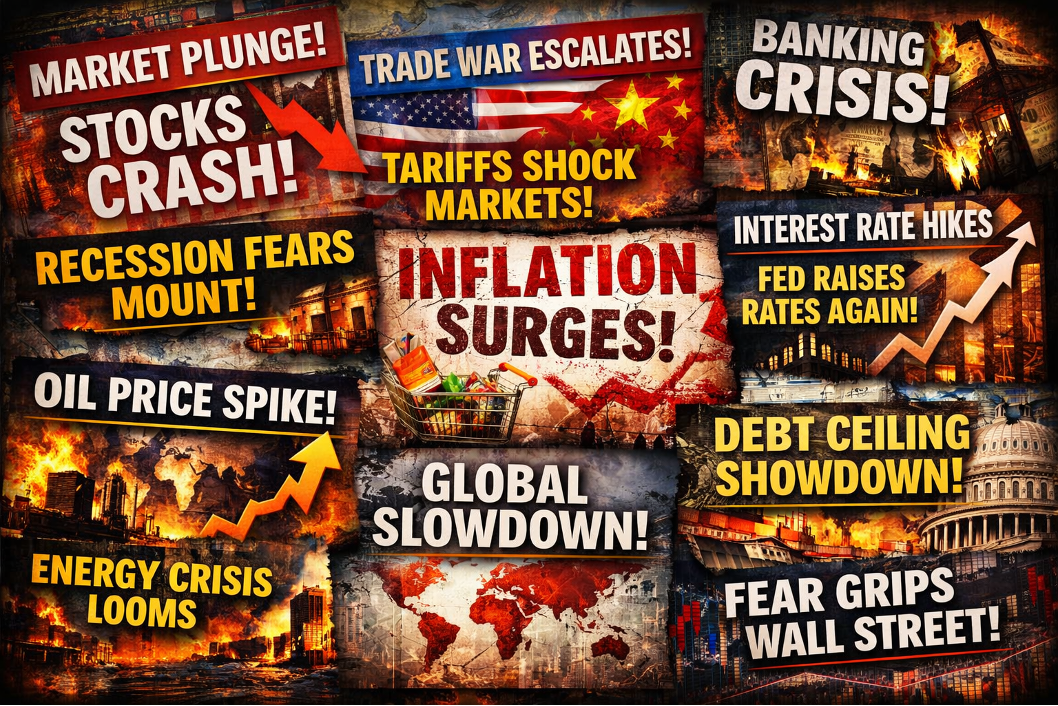CIO Mailbag: Navigating Market Investments During Presidential Elections 2024
It’s an election year. What does that mean to my market investments?
With 24/7 news and social media, it seems as though election cycles are perpetual these days. Still, 2024 is a bit unique given that the U.S. will have a presidential election in November, and presidential elections tend to draw much more interest than midterm elections.
Whenever key elections are on the horizon, we often get questions from investors who wonder what’s going to happen to their money if a certain party wins. The truth is that markets tend to be ambivalent to whoever is in the White House. Can there be investor consequences to political action (or lack thereof) if, say, Congress allows the U.S. to default on its debt obligations? Of course.
However, over the long run, the U.S. economy has grown, and the markets have generally ascended regardless of who is in control of the federal government. This can be seen in the chart below with the top portion that shows Real GDP growth under Republican control (+2.8%), Democratic control (+4.0%) and under divided government (+2.7%). The bottom portion then shows S&P 500 index returns under Republican control (+12.9%), Democratic control (+9.9%) and divided government (+7.9) since 1947.

Source: JP Morgan Asset Management – Guide to the Markets
In my experience, elections and politics have less to do with micro/macroeconomics and investing fundamentals and more to do with behavioral finance. What do I mean by that? I mean that election results – namely, which party is in charge – can impact our personal perceptions about what’s going on in both the economy and financial markets.
The chart below can help to illustrate this dynamic. There is an ongoing survey conducted by the Pew Research Center that asks respondents their political affiliation, then asks “how would you rate economic condition in this country today, as excellent, good, fair, or poor?” This chart then illustrates responses over time based on political affiliation with the red line representing Republican/Lean Republican and blue representing Democrat/Lean Democrat. The vertical dotted lines represent an election where a new party took over the White House.

Source: JP Morgan Asset Management – Guide to the Markets
2008/2009 aside (when everyone was miserable), it’s interesting to see how perceptions and opinions can shift after an election. Investors and voters often feel much more optimistic when ‘their team’ is in the driver’s seat.
The key is not to make emotional investment decisions that are based purely on politics or the result of an election. At Destiny Capital, one of our core investing principles is ‘discipline’. We believe that decisions based on emotion or ‘gut feelings’ can often lead to negative outcomes. This absolutely applies to emotional decisions around an election, so it’s important to retain a long-term focus, remain disciplined, and your future-self will likely thank you.
This article is for informational purposes only and should not be relied upon as a basis for your investment, business, or personal financial decisions. We recommend consulting with your wealth advisor, CPA/tax advisor and/or attorney, as applicable to your situation, prior to implementing any new tax, legal, or investment strategy. Advisory services provided by Destiny Capital Corporation, a Registered Investment Adviser.
Share this
Stay Ahead with Smart Investments
Learn how to invest wisely and minimize risks to protect your retirement savings.
Achieve Your Retirement Goals
Get personalized advice to meet your retirement goals. Book your call with Destiny Capital now.




